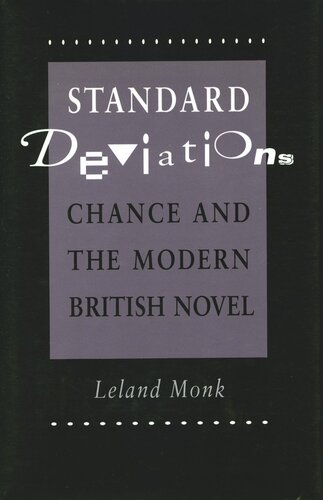

Most ebook files are in PDF format, so you can easily read them using various software such as Foxit Reader or directly on the Google Chrome browser.
Some ebook files are released by publishers in other formats such as .awz, .mobi, .epub, .fb2, etc. You may need to install specific software to read these formats on mobile/PC, such as Calibre.
Please read the tutorial at this link: https://ebookbell.com/faq
We offer FREE conversion to the popular formats you request; however, this may take some time. Therefore, right after payment, please email us, and we will try to provide the service as quickly as possible.
For some exceptional file formats or broken links (if any), please refrain from opening any disputes. Instead, email us first, and we will try to assist within a maximum of 6 hours.
EbookBell Team

0.0
0 reviewsAnalyzing works by George Eliot, Joseph Conrad and James Joyce, the author offers a new approach to narrative theory by showing how successive generations of novelists have used ever more powerful concepts of chance even though, he argues, chance is precisely what narrative cannot represent, since when it tries to do so it slips into the fated. He also relates the novelistic treatment of chance to important historical currents in the philosophical and scientific understanding of chance, and provides a theoretical framework for analyzing the representation of chance in any narrative. The author asks three central questions: Why did British novelists become intensely interested in chance in the late nineteenth century? Why and how did they thematize it in their fiction? How did the novelistic treatment of chance contribute to innovations in narrative form?